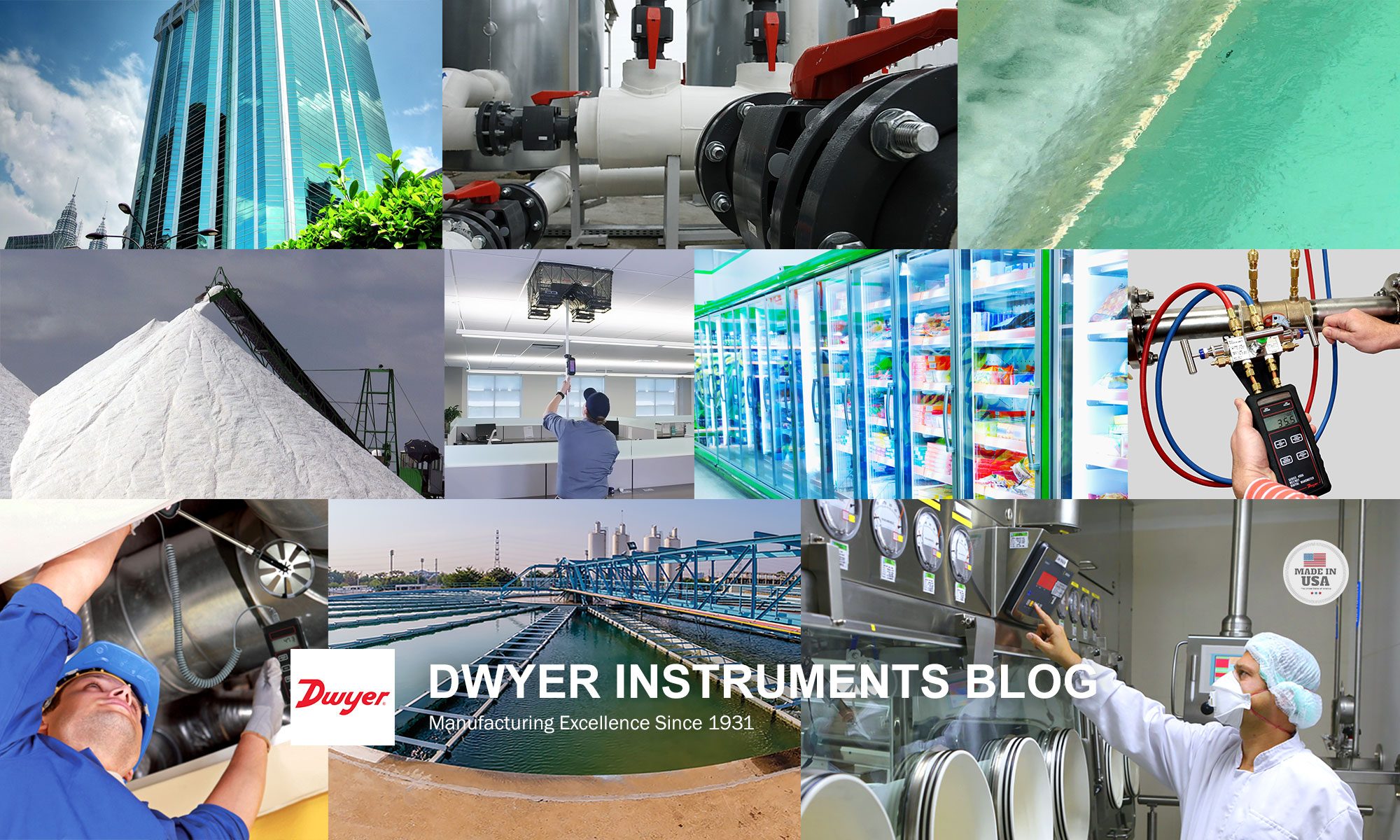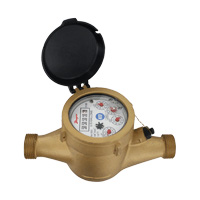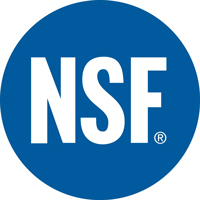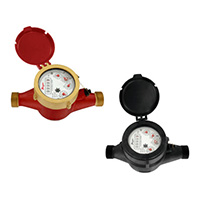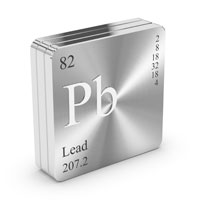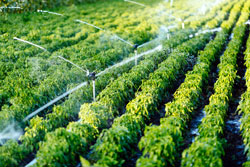 Question: I own a farm and would like to monitor how much water is being used in a safe, lead-free way; how do you recommend accomplishing this? Continue reading “Clean and Safe Water Totalization”
Question: I own a farm and would like to monitor how much water is being used in a safe, lead-free way; how do you recommend accomplishing this? Continue reading “Clean and Safe Water Totalization”
Drinking Water Regulation
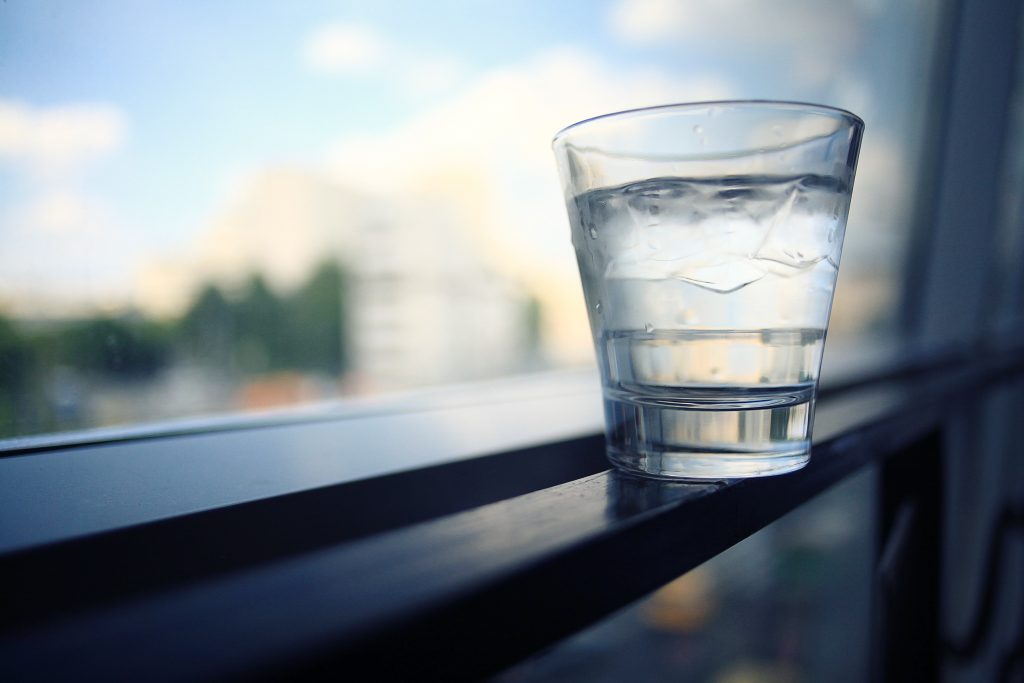
For the past few years, questions about the safety of drinking water have constantly been in the news. Following the 2014 crisis in Flint, Michigan, cities across the U.S. launched their own investigations to determine whether their own drinking water supplies were safe. Drinking water is contaminated when old lead pipes corrode, allowing lead and other chemicals to enter the water supply. While lead is most dangerous when ingested, even outside of potable water applications there are still strict regulations regarding the materials and chemicals that may come in contact with water. This minimizes risk of contamination. Continue reading “Drinking Water Regulation”
Dwyer Releases Two New Multi-Jet Water Meter Series
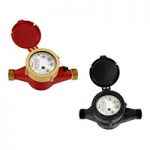
Dwyer Instruments, Inc. is proud to announce the release of two new Multi-Jet Water Meter series. Continue reading “Dwyer Releases Two New Multi-Jet Water Meter Series”
An Introduction to Lead-Free Product Requirements
In a world of constantly changing approvals and requirements, is it realistic to expect a customer to stay up-to-date with the latest and greatest information? Things that were once deemed acceptable are now found to cause serious health complications. Consequentially, there are all kinds of agencies in place designed to keep products safe, regulate material composition, and educate the consumer.
But how does an individual, not experienced in the industry, know what is necessary (or pertinent) to their specific application? If I want to purchase a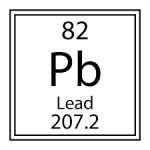 water meter for my home or business and am unfamiliar and unlicensed with those specific regulations, am I putting myself or my business at risk? Particularly something like lead, which according to the CDC ,“[…] can affect nearly every system in the body.” Continue reading “An Introduction to Lead-Free Product Requirements”
water meter for my home or business and am unfamiliar and unlicensed with those specific regulations, am I putting myself or my business at risk? Particularly something like lead, which according to the CDC ,“[…] can affect nearly every system in the body.” Continue reading “An Introduction to Lead-Free Product Requirements”
